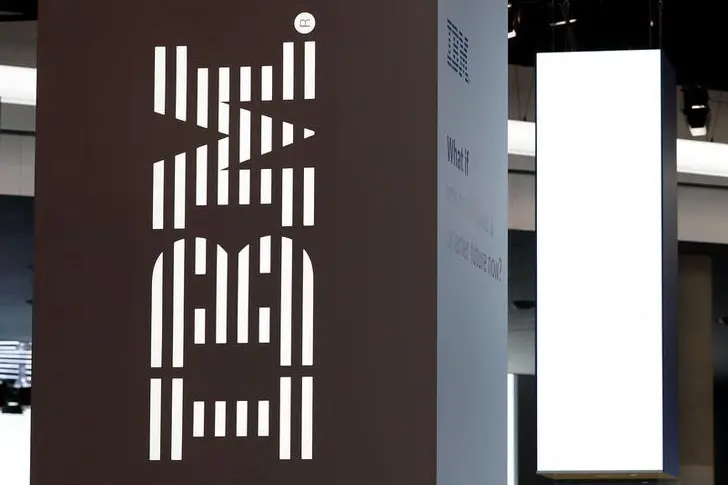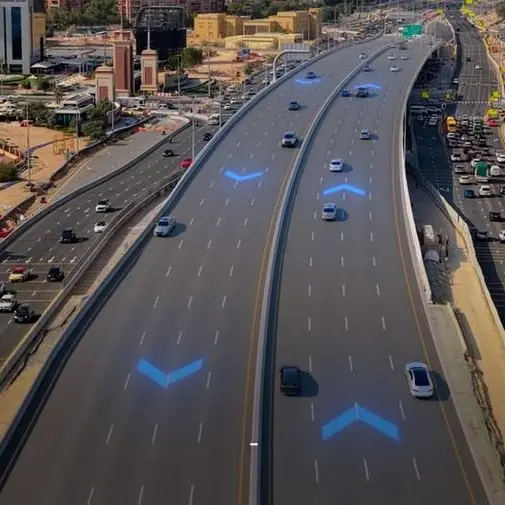PHOTO
The Covid-19 pandemic has been a “turning point” for many companies, as the disruption and uncertainty caused by the crisis has accelerated the digital transformation that for many was already underway, said the CEO of IBM.
“There is no question that this pandemic is a powerful force of disruption and an unprecedented tragedy,” Arvind Krishna said. “But it is also a critical turning point. It’s an opportunity to develop new solutions, new ways of working and new partnerships that will benefit your company and your customers, not just today, but for years to come.”
Krishna was speaking in an online presentation at Think Digital. The annual IBM conference had originally been scheduled as an in-person event in San Francisco. But in response to the pandemic, this year it is a two-day virtual conference, with more than 90,000 registrants.
The Covid-19 crisis has exposed many enterprises’ vulnerabilities, Krishna said. In response, companies are fast adopting artificial intelligence and hybrid cloud-based IT architectures. That is both enabling them to build agility and resiliency into their networks now, and preparing them to embrace emerging technologies like 5G and edge computing, he said.
“I’m predicting today that every company will become an AI company—not because they can, but because they must,” Krishna said in his inaugural keynote address as IBM’s CEO.
For enterprises, Krishna explained, digital transformation means putting artificial intelligence at the centre of workflows, and using the insights generated from that process to constantly improve products and services. This transformation is powered by a hybrid cloud architecture using open source software that makes companies more secure, and enables them to quickly adapt to shifting customer demands and changing market conditions.
Krishna said the hybrid cloud model has distinct advantages over other IT architecture—advantages he called the hybrid cloud “imperative.”
Unlike existing IT networks, he said, hybrid cloud adapts to the infrastructure that enterprises already have, while also freeing them from being locked into any one vendor’s offerings. Hybrid architectures, which can involve a combination of public and private clouds and on-premises networks, have the flexibility to process workloads closest to where the data is generated—a necessity in high-tech factories—and also make it easier to comply with different regional regulations on data use, Krishna said.
Copyright 2020 Al Hilal Publishing and Marketing Group Provided by SyndiGate Media Inc. (Syndigate.info).





















